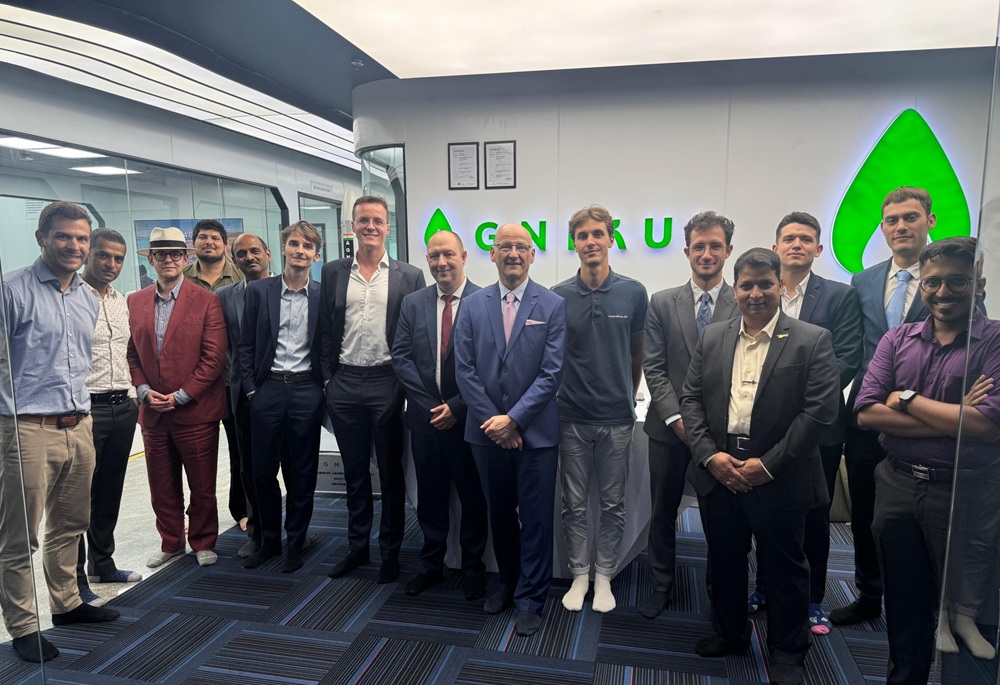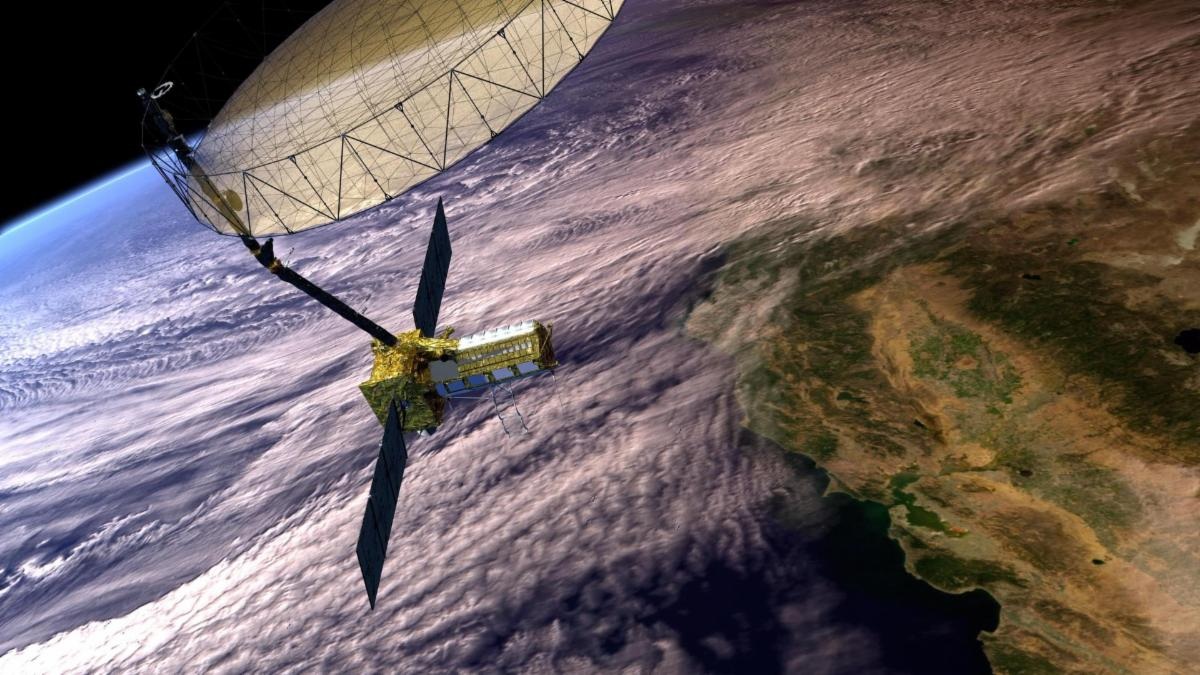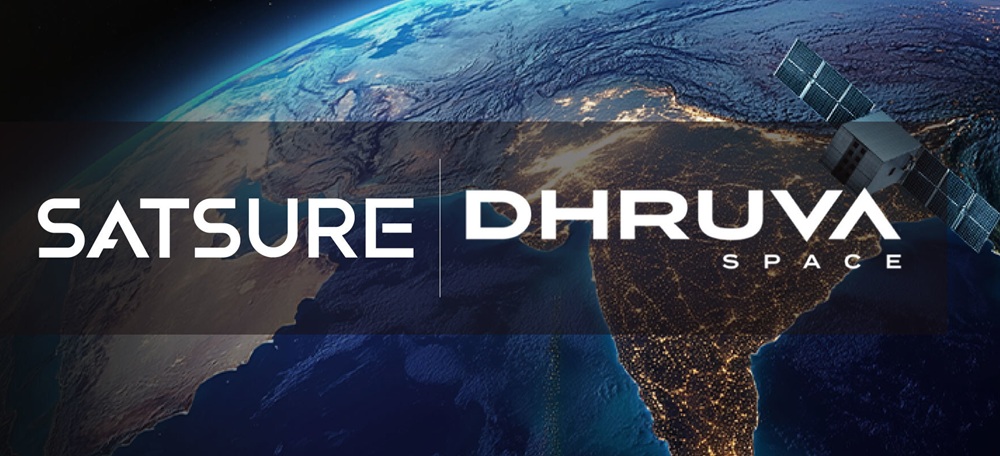Vienna: In a groundbreaking move to democratize space access, the United Nations Office for Outer Space Affairs (UNOOSA) and Exolaunch GmbH have awarded fully funded satellite launch opportunities to institutions from Bolivia, Guatemala, Jordan, and Nepal. These missions, part of UNOOSA’s flagship “Access to Space for All” initiative, will utilize Exolaunch’s cutting-edge EXOpod Nova deployment system to launch innovative CubeSats that promise to transform national space capabilities, foster scientific research, and inspire future generations.
Expanding the Frontiers of Space: A New Era of Inclusive Satellite Launches
The announcement marks a pivotal milestone in global space cooperation, reflecting a surge in demand from emerging space nations eager to harness the benefits of space technology. Following a competitive selection process that attracted 17 proposals from 15 countries, these four projects stood out for their visionary goals, technical merit, and alignment with sustainable development priorities.
This initiative builds on the strategic partnership forged between UNOOSA and Exolaunch in January 2024, aimed at providing equitable, practical launch opportunities that empower nations to build lasting space infrastructure and expertise.
Bolivia’s First Nanosatellite: Waskiri-Sat to Harness AI for National Development
At the forefront is Bolivia’s pioneering project led by students and engineers at Universidad Católica Boliviana San Pablo. Their nanosatellite, Waskiri-Sat, will be Bolivia’s inaugural venture into nanosatellite technology. Equipped with advanced onboard artificial intelligence and multispectral cameras, Waskiri-Sat will collect vital data to support scientific research, government decision-making, and industrial applications.
A vital international collaboration with Japan’s Kyushu Institute of Technology (Kyutech) will provide essential testing support, ensuring the satellite’s robust performance in orbit. Beyond technology, the project aims to inspire Bolivia’s youth, promote gender equality in STEM fields, and establish a foundation for the country’s space research and development ecosystem.
Guatemala’s QUETZAL-2: Advancing Environmental Monitoring and Youth Engagement
In Guatemala, the Universidad del Valle de Guatemala is preparing to launch QUETZAL-2, the nation’s second satellite. This CubeSat mission will test innovative cloud detection technologies and safe deorbiting mechanisms, directly contributing to multiple United Nations Sustainable Development Goals (SDGs).
The project is designed not only to advance environmental monitoring but also to ignite enthusiasm for science and engineering among Guatemalan youth through immersive, hands-on experience in space technology development. Faculty, researchers, and undergraduate students are collaborating to ensure that QUETZAL-2 serves as a beacon of national pride and scientific progress.
Jordan’s Wildlife Conservation Satellite: Protecting Endangered Species with Space Technology
Jordan’s Al Hussein Technical University is spearheading a unique CubeSat mission focused on wildlife conservation. This satellite will enable real-time tracking of endangered native species, particularly in remote reserves lacking terrestrial communication networks.
The project integrates conservation efforts with education, training students to design, operate the satellite, and build ground stations for satellite telemetry. This initiative lays the groundwork for Jordan’s emerging space sector, positioning the country as a regional leader in applying space technology to environmental protection.
Nepal’s Slippers2Sat-2: Disaster Management and Inclusive Space Education
Building on the success of Nepal’s first student satellite, Antarikchya Pratisthan Nepal will launch Slippers2Sat-2, a satellite dedicated to disaster observation and management. Its mission includes monitoring floods and detecting earthquake precursors—critical capabilities for a country vulnerable to natural disasters.
Importantly, the project emphasizes inclusivity by introducing space science to students from marginalized communities. By openly sharing satellite designs and data, Slippers2Sat-2 fosters equal opportunities in space exploration and strengthens Nepal’s domestic space ecosystem.
UNOOSA and Exolaunch: Catalysts for Global Space Equity and Innovation
Aarti Holla-Maini, Director of UNOOSA, emphasized the transformative power of this partnership, “This collaboration exemplifies how the United Nations and industry can join forces to build space capabilities where they are needed most. By enabling direct, hands-on access to space, we empower countries to develop sustainable space programs that benefit future generations. These missions embody international cooperation and reaffirm our commitment to sharing the benefits of space with all nations.”
Jeanne Allarie, Chief Commercial and Marketing Officer at Exolaunch, added, “Sustainable access to space has been central to Exolaunch’s mission since its inception. The creativity and community-driven spirit behind these awardees’ proposals inspire us all. We encourage these teams to pursue their space ambitions boldly. Through the Access to Space for All initiative, we continue to support the New Space economy and strive for a future where space benefits everyone.”
A Milestone for Emerging Space Nations: Building Capacity, Infrastructure, and Inspiration
By participating in the Access to Space for All initiative, Bolivia, Guatemala, Jordan, and Nepal are taking giant leaps toward establishing national space infrastructure, governance frameworks, and educational pipelines. These missions not only advance scientific and technological capabilities but also inspire the next generation of scientists, engineers, and innovators.
This initiative underscores a global commitment to ensuring that outer space remains an open domain for peaceful exploration and sustainable development, accessible to all nations regardless of their stage of development.
Unlocking the Future of Space for All Humanity
The UNOOSA and Exolaunch partnership is a beacon of hope and progress in the international space community. By empowering emerging space nations with practical launch opportunities and hands-on experience, the initiative fosters innovation, inclusivity, and sustainable development.
As Bolivia, Guatemala, Jordan, and Nepal prepare to launch their CubeSats into orbit, they carry not only satellites but also the aspirations of their nations and the collective dream of a future where space benefits all humanity equally.





